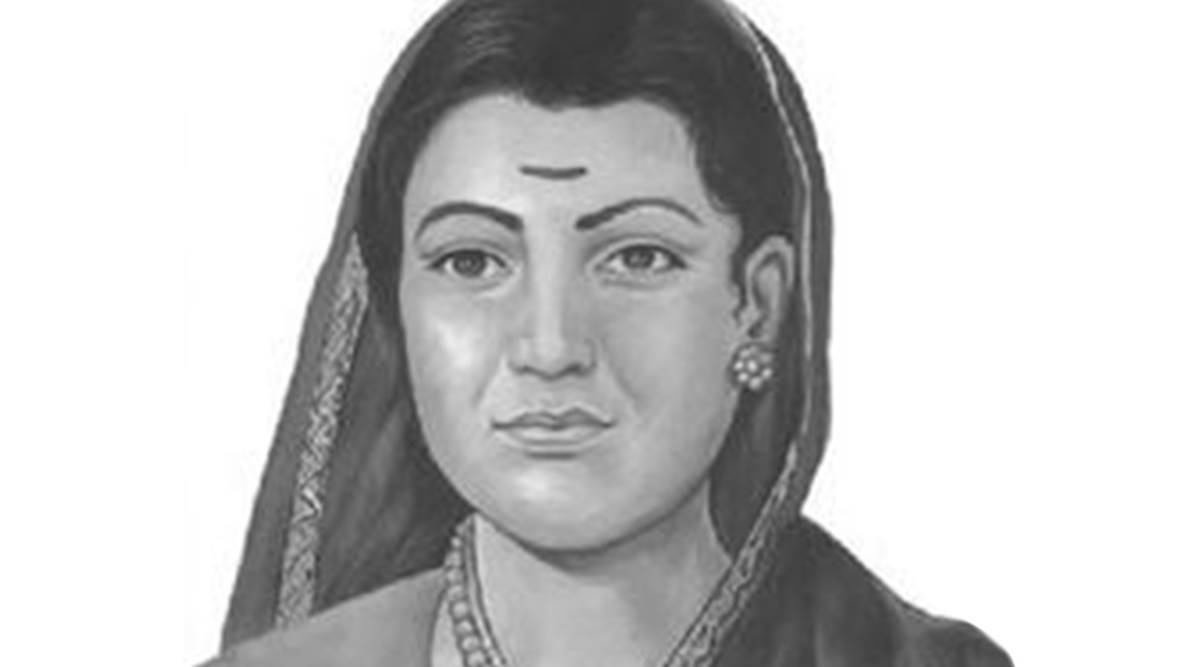The adjectives that come to mind when describing Savitribai Phule are ‘path-breaking’, ‘conviction’ and ‘reform’. She was reforming the society at a time when educating the girl child was unthinkable, in addition to the limping barriers that the caste system imposed on people.
As such, Phule’s work cannot be quantified. Its significance lies in the courage and determination she possessed to fight the evils that were not acknowledged by her contemporaries or predecessors, along with the path-breaking work for women and the oppressed to help them get educated and break away from Brahminical domination.

Women, at the time, weren’t allowed to be educated. Widows weren’t allowed to remarry and had to shave their heads. Phule’s principle aspiration was to fight ignorance and the barriers of gender and caste oppression. She was an advocate of self-reliance. Born on January 3, 1831 in Naigaon in Satara district of Maharashtra, she was the eldest daughter of Lakshmi and Khandoji Nevashe Patil, who were from the Mali community. She got married to Jyotiba Phule at the age of 9, when he was 13.
ALSO READ | Savitribai Phule birth anniversary: Some facts about the social reformer, poetess and teacher
Phule was taught at home, post marriage, by her husband. She was greatly influenced by him. She later pursued training at an American missionary institute in Ahmednagar and then in Normal School in Pune. She started teaching girls in Maharwada (Pune) with one Sagunabai, who was mentor to Jyotiba and a feminist revolutionary herself.
The Phules started a school in Bhidewada along with Sagunabai. It got recognition for its novel approach — it trained students in mathematics, science and social studies unlike the traditional Brahminical home-schooling that concentrated on Vedas and Shastras.
Phule saw education as the weapon to fight the evils of society. She was reforming society at a time when educating the girl child was unthinkable. She had to face daily insults, abuse, threats and even physical assault with mud and cow dung. The couple had to leave their family’s home as their initiation was going against the society. What started in 1848 as one school with nine girls, became three schools with a strength of around 150 girl students by 1851. She also started a school in 1849 with her friend Fatima Sheikh with whom she graduated from Normal School.
Phule started Mahila Seva Mandal in 1852 to raise awareness on women’s rights. It was a gathering to welcome all women irrespective of their caste. She also started the Balahatya Pratibandhak Griha in her house, where widows and rape survivors could deliver their babies. An advocate of self-reliance, she was also against the shaving of women’s heads after the death of their husbands. She galvanised barbers to stage a protest against the ritual.
Most Read 1Chandrayaan-3 mission: Dawn breaks on Moon, all eyes on lander, rover to wake up 2As Indo-Canadian relations sour, anxiety grips Indian students, residents who wish to settle in Canada 3Karan Johar says Sanjay Leela Bhansali did not call him after Rocky Aur Rani: ‘He’s never called me but…’ 4Gadar 2 box office collection day 40: Hit by Shah Rukh Khan’s Jawan onslaught, Sunny Deol movie ends BO run with Rs 45 lakh earning 5Shubh’s tour in India cancelled: Why is the Canada-based singer facing the music?ALSO READ | Explained: Savitribai Phule’s impact on women’s education in India
Phule published her thoughts as ‘Kavya Phule’ in 1854, giving a glimpse of the society during the time. It was a compilation of 41 poems. She would write in Marathi using the Abhang form of writing. In her later works (translated to English) ‘Rise, to learn and act’, ‘Go, Get Education’, she appreciated the British for helping liberate the oppressed from the shackles of casteism. In her writings, Phule addressed fighting against caste, gender discrimination and untouchability, advocating for English education. In her essay ‘Karz’ which translates to ‘debt’, she advised against drowning oneself with debts in the name of celebrating festivals.
Phule supported her husband to start the Satyashodhak Samaj — Society of Seekers of Truth — on September 24, 1873. It supported inter-caste marriages and didn’t include priests for the sanction of marriage. It had three aspects: expression of opposition, expression of identity and unity, and action towards uplift of shudras and ati-shudras. The poetess chaired its annual session in 1893, a first for any woman.
When her husband died in 1890, she lit the funeral pyre. Till her last breath, she worked for social well-being. She died on March 10, 1897, while taking care of a patient during the Bubonic plague, in a clinic which she and her son Yashwant had started.
Also ReadHere are 4 morning habits of the longest living people in the worldGanesh Chaturthi 2023: Know the proper guidelines to perform Ganesh Puja …Dermatologist reviews Deepika Padukone’s classic DIY face mask; is it act…How often do men think about the Roman Empire? All you need to know about…
📣 For more lifestyle news, follow us on Instagram | Twitter | Facebook and don’t miss out on the latest updates!
© IE Online Media Services Pvt Ltd


